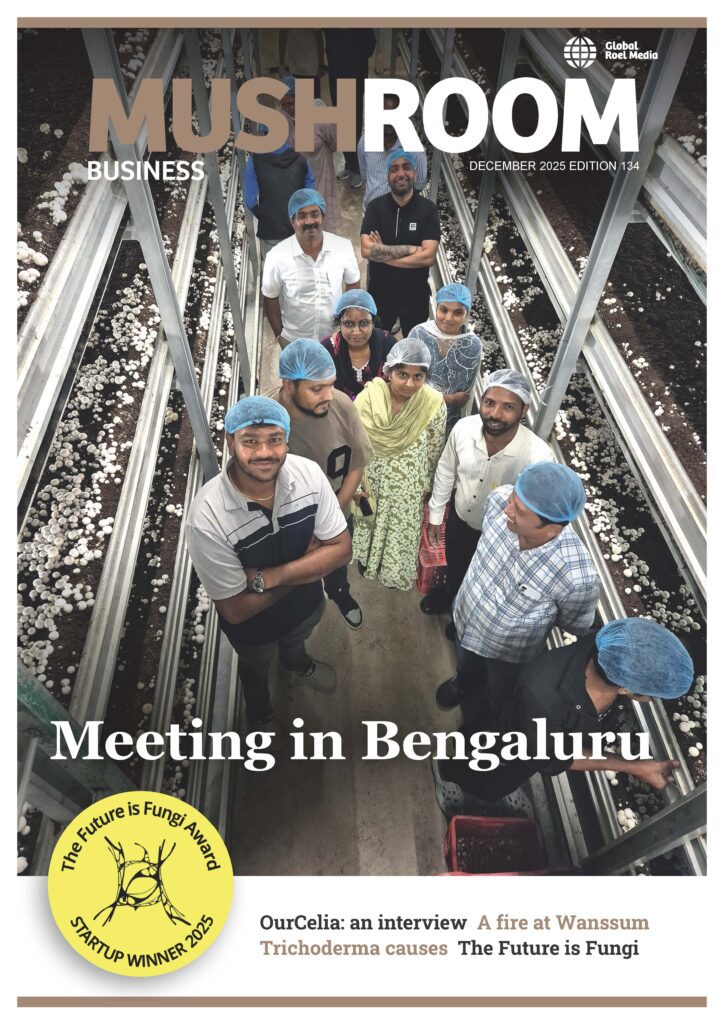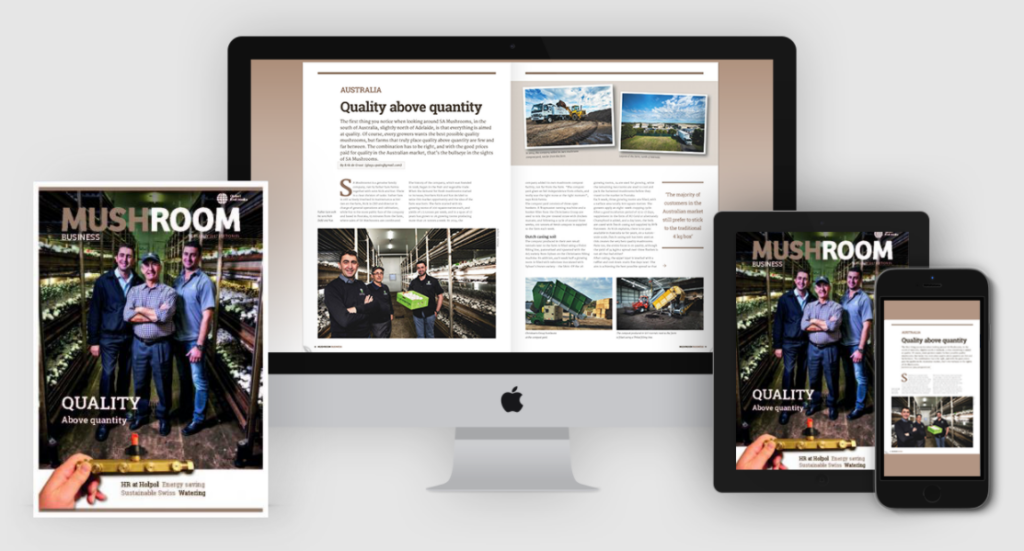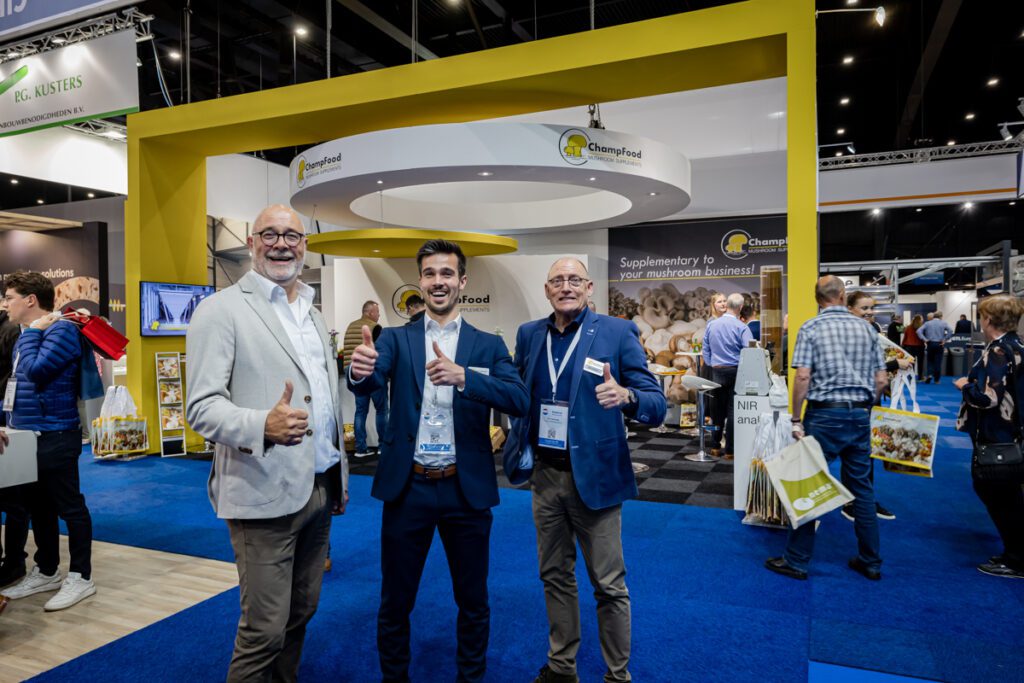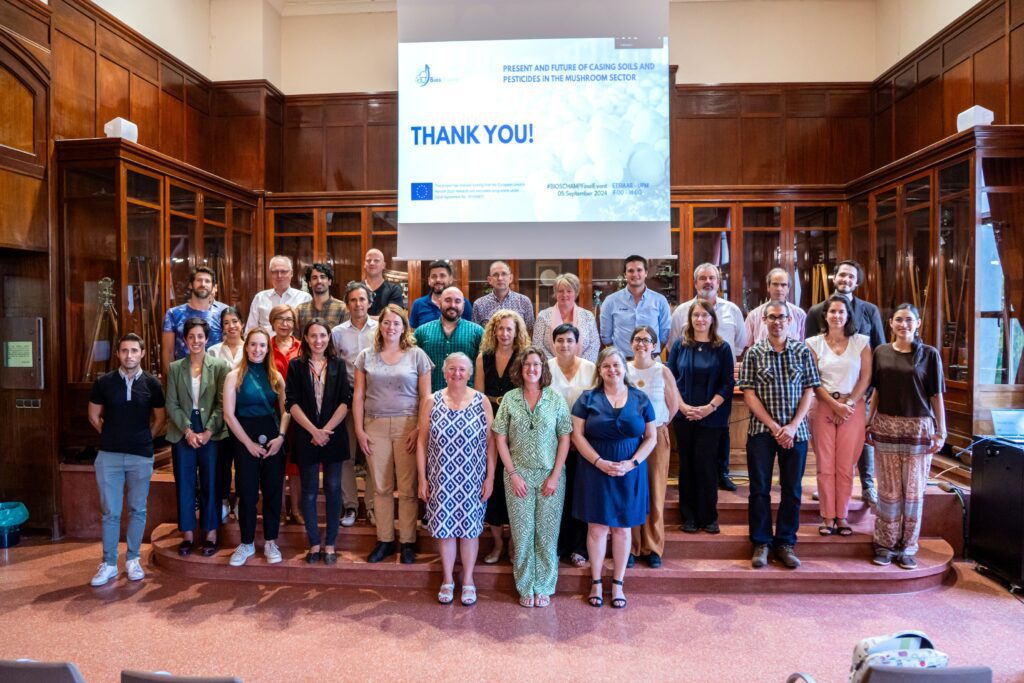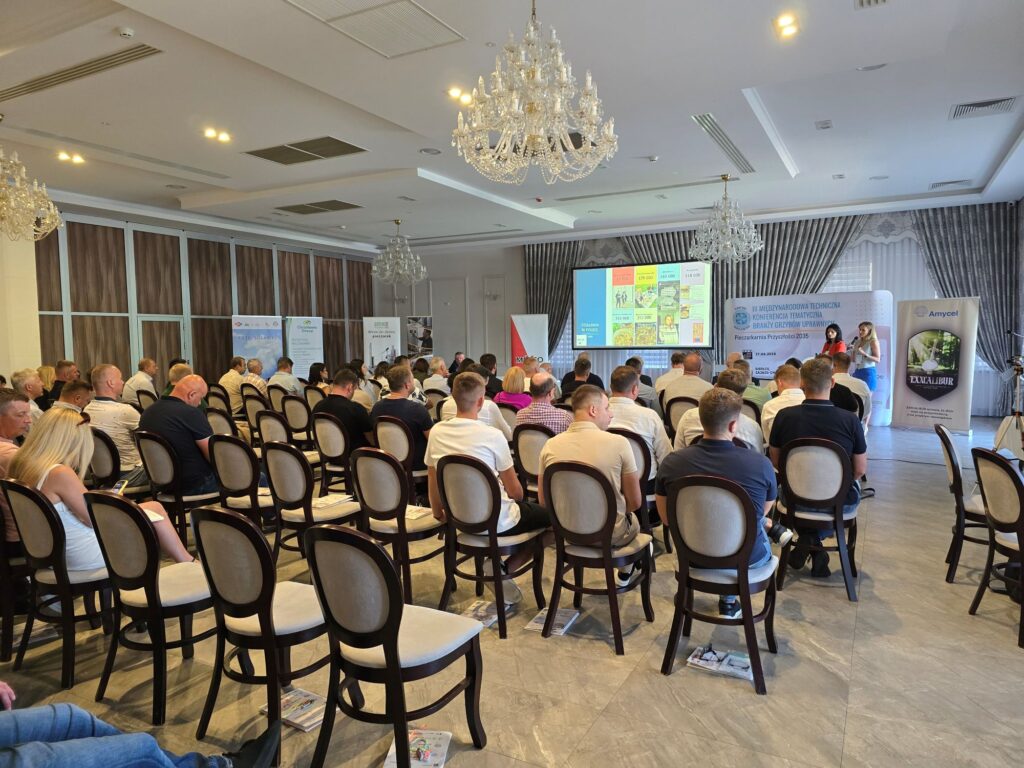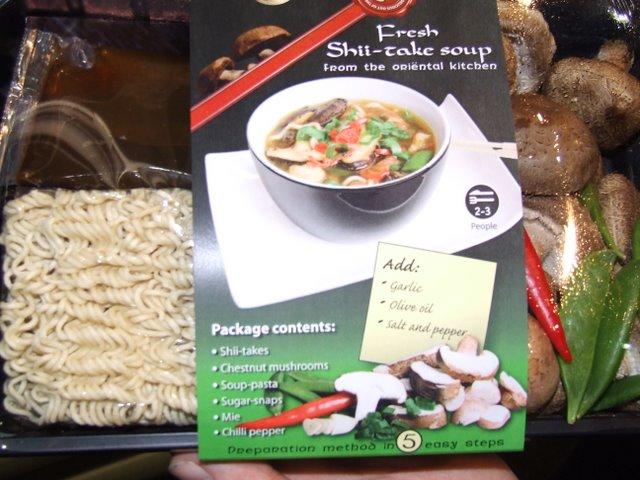
“2009 won’t be an easy year.” Tom van Walsem, one of the owner/directors of Limax, sums up his expectations of the current mushroom year in just a few words. At Fruit Logistica in Berlin he aired his views on the international mushroom and compost market.
“In 2007 the position of the Dutch sector appeared to improve, but even then we warned the sector to curb its enthusiasm. The prevailing circumstances – green mould was in that sense a blessing for the market – caused a temporary reduction in mushroom supplies, but on a structural level there is a surplus of mushrooms and compost in Europe.
As shown again in 2008. The first two months saw good prices. The strong zloty rate helped Dutch growers, and the Polish sector focussed more on markets in the East. Plus, the competitive position of the Dutch seemed to improve thanks to the sharp increase in cost prices for Polish producers. However, in the course of the year, the green mould problem was alleviated, and the value of the zloty fell. A strong euro compared to the zloty rekindled the pressure from Poland”, states van Walsem.
He indicates the root of the actual problem: “On balance we just have too much production capacity, and that goes for compost too. Many composters, both in Poland and the Netherlands, have increased their capacity, or are busy doing so. Walkro and CNC are trying to market a lot of compost in Poland. This strong bias on expanding production shown by many players on the market is causing a structural problem.”
According to van Walsem, the European promotional plan initiated by CNC, can only offer a certain degree of consolation, as any eventual increase in consumption triggered by the campaign will be cancelled out immediately by higher production. “Frans Brienen fully backs the promotional plan, and justifiably. A start has been made and the line being pursued is fine. There has been far too little communication aimed at consumers in the past years, and this plan can certainly contribute to higher sales and a temporary revival of the market.”
But van Walsem thinks it is risky to see such campaigns, however good, as the ultimate solution.
Limax and other traders are willing to contribute, even though the Dutch trade has not yet categorically rallied behind the promotional plan. “Brienen’s latest proposal is that the trade should contribute funding for the campaign proportionally to their trading volume. Certain aspects still have to be worked out in more detail, for example safeguarding exclusive use of the logo and quality guarantees.”
A distinguishing capacity is important to him when considering Limax’s possible participation. Further discussions are planned shortly.
For the future van Walsem ultimately has more faith in market regulation. “Regulation, limiting European production of mushrooms and compost is what would be required to create a healthy sector, but that’s a sensitive issue, and will probably remain a utopia. The market is being reorganised, but it’s a change being inflicted on the sector. There has already been a far reaching shake out of the industry, and there are likely to be more victims, which in itself is an unavoidable necessity, but as soon as the market starts showing the tiniest spark of being interesting again everyone dives back into the same pool.” According to van Walsem there is nothing to indicate that these economic trends, results in waves of production surpluses, is set to be beaten soon.
Van Walsem is satisfied about developments within the international Limax group, which alongside trading include activities relating to compost, production and personnel. “We are performing well. Competition is stiff, the prices are pressured and there are new obstacles on the horizon in the shape of packaging tax, exchange rate problems and the abolition of quality regulations, all of which increases the complexity of the situation, but I believe in the power of this company.”
In the past Limax, together with Banken, have frequently defended maintaining these quality standards. It’s logical that he is unhappy about plans to do away with these regulations at a European level. “Fewer regulations may sound attractive, but cutting down on the regulations doesn’t necessarily mean reducing the problems. This opens up the door for the ‘weaker’ players, basically you can put whatever you like on the label. Consumers can no longer have blind faith in the Class 1 labelling. The major retailers and reputable trading houses have worked hard in recent years to maintain high quality standards, and these stakeholders are not just going to accept that accurately defined quality standards are done away with. You can’t just let the market have a free rein in all respects.”
It was Limax’s second time at Fruit Logistica. Satisfied? “The fair enjoys a good reputation and many of our customers were attending. We mainly see FL as a customer relationship opportunity. There’s not a high level of acquisition, but it’s a great platform to meet many of our business contacts at one event, to see the latest innovations and get a taste of what is happening outside the confines of your own company and your own sector.”
By Roel Dreve

